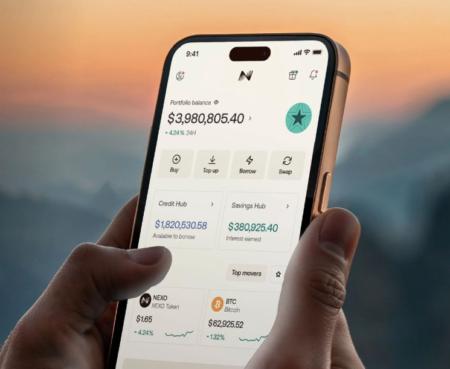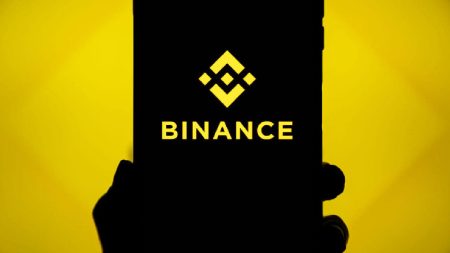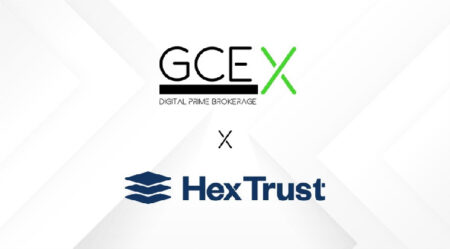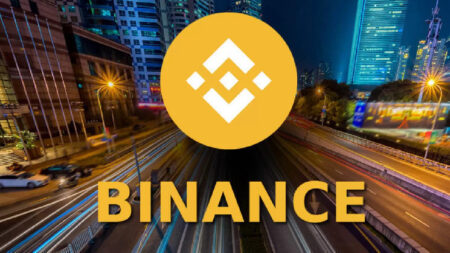OkayCoin, a cryptocurrency exchange, has officially launched in South Korea. According to a June 15 press release, the move aims to cater to the growing demand for crypto staking services across the region.
The team also claims the move is in response to the increasing adoption of blockchain-based digital assets and investors’ desire for passive income.
The global interest in crypto is on the rise. For the uninitiated, staking allows investors to earn rewards by participating in the network operations of certain cryptocurrencies, providing a source of passive income. This trend has seen a surge in demand for efficient staking services, making it a strategic focus for many crypto exchanges.
“South Korea’s vibrant and tech-savvy market represents a significant opportunity for OkayCoin,” said William Miller, CEO of OkayCoin. “The growing interest in cryptocurrency staking within the country has prompted us to provide dedicated support and services tailored to meet the unique needs of South Korean investors.”
You might also like: South Korea to classify some NFTs as Virtual Assets ahead of new crypto regulations
South Korea’s regulatory efforts
South Korea is known for its high cryptocurrency adoption rates, making it a lucrative market for crypto exchanges.
The country has also faced regulatory challenges and market volatility in recent years.
The country’s enthusiasm for digital assets has led to a surge in trading volumes, drawing attention from both regulators and criminals.
The South Korean government has been striving to create a more transparent and secure environment for cryptocurrency trading.
The country plans to establish a permanent crypto crime investigation unit, significantly upgrading the current temporary unit. This initiative aims to address the rising incidents of cryptocurrency-related crimes and offer better protection for investors.
Furthermore, South Korea is set to implement the Virtual Asset User Protection Act, a significant step in regulating the country’s cryptocurrency market. The Financial Services Commission (FSC) will enforce the new regulations starting July 19. This initiative aims to protect investors and ensure the stability of the digital asset market.
The Virtual Asset User Protection Act was passed in December 2023 following a series of high-profile cryptocurrency failures and market volatility.
The act seeks to regulate the cryptocurrency market, safeguard investors, and prevent fraudulent activities. The FSC will oversee the implementation of the act, which includes requirements for cryptocurrency exchanges such as reporting and auditing standards and stricter regulations for initial coin offerings (ICOs).
Separately, South Korea has reaffirmed its ban on cryptocurrency exchange-traded funds (ETFs) despite the recent approval of a spot Bitcoin ETF by the U.S. Securities and Exchange Commission (SEC).
The Financial Services Commission (FSC), the country’s financial regulator, has upheld its stance that the risks associated with crypto ETFs are too significant to permit their trading on local exchanges.
Read more: South Korea to discuss NFT classification, Bitcoin ETFs with Gary Gensler
Read the full article here









